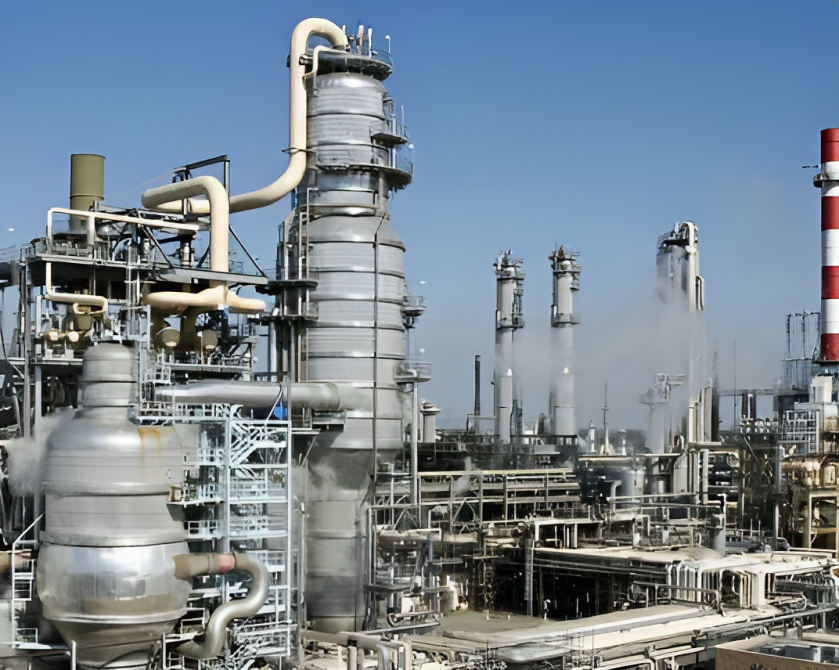Nigeria’s Petroleum Training Institute (PTI), a subsidiary of the Federal Ministry of Petroleum Resources, has announced the completion of its modular refinery project, marking a significant step towards expanding its commercial operations.
The PTI, located in Effurun, Delta State, is focused on refining and has also undertaken the crucial task of training artisanal refiners in the intricacies of crude oil refining.
The Chief Executive of PTI, Adebowale Adimula, shared this news during a press briefing in Abuja ahead of the 3rd Biennial International Conference on Hydrocarbon Science and Technology scheduled in the Federal Capital Territory.
Adimula explained that the PTI had developed technologies in the modular refinery space to address the lack of technology among the artisanal refiners, who often cause environmental issues by using crude methods to process crude oil.
“We also help train the individuals so that whatever they do will not adversely affect the environment. At the institute, we have built up our own. Now what is next is to scale it up and find ways to make it commercial,” he said.
The modular refinery, which has an initial capacity of 5,000 barrels per day (bpd), is expected to produce 271 million litres of refined petroleum products annually. The refinery receives feedstock from the Waltersmith-operated Ibigwe marginal field.
The petroleum products produced in the refinery include diesel, naphtha, heavy fuel oil, and kerosene.
Adimula said that the PTI already had the necessary infrastructure, including templates, drawings, and fabricated components, to provide hands-on training to individuals seeking knowledge about various aspects of the refining industry.
He added that the PTI was not aiming to compete with large-scale refineries like the Dangote refinery in Lagos but rather to complement them by providing local solutions and skills for the petroleum sector.
The PTI’s modular refinery project is part of Nigeria’s efforts to boost its domestic refining capacity and reduce its dependence on imported petroleum products.
According to the Nigerian National Petroleum Corporation (NNPC), Nigeria has four refineries with a combined capacity of 445,000 bpd, but they operate at a fraction of their capacity due to poor maintenance and sabotage.
The NNPC said it was working on rehabilitating the existing refineries and supporting private initiatives to build new ones.
The NNPC also said that it had granted licenses to 38 modular refineries, of which four had been completed and were ready for commissioning.
The NNPC’s Group Managing Director, Mele Kyari, said that modular refineries would help create jobs, enhance energy security, and promote socio-economic development in Nigeria.
He also said that the NNPC was committed to collaborating with stakeholders to ensure the success of the modular refinery projects.
The PTI’s modular refinery project is a positive development for Nigeria’s oil and gas industry, which is facing challenges such as low oil prices, insecurity, and regulatory uncertainty.
The project is also expected to contribute to Nigeria’s quest for energy transition and diversification, as it will produce cleaner fuels that meet international standards.
Source: Business Day NG



